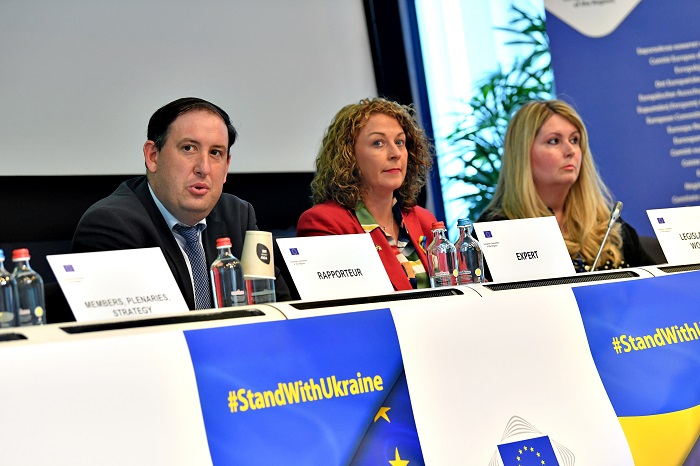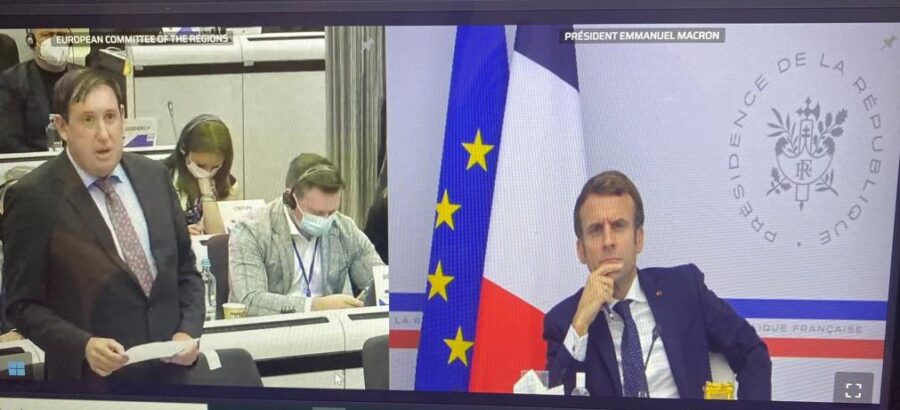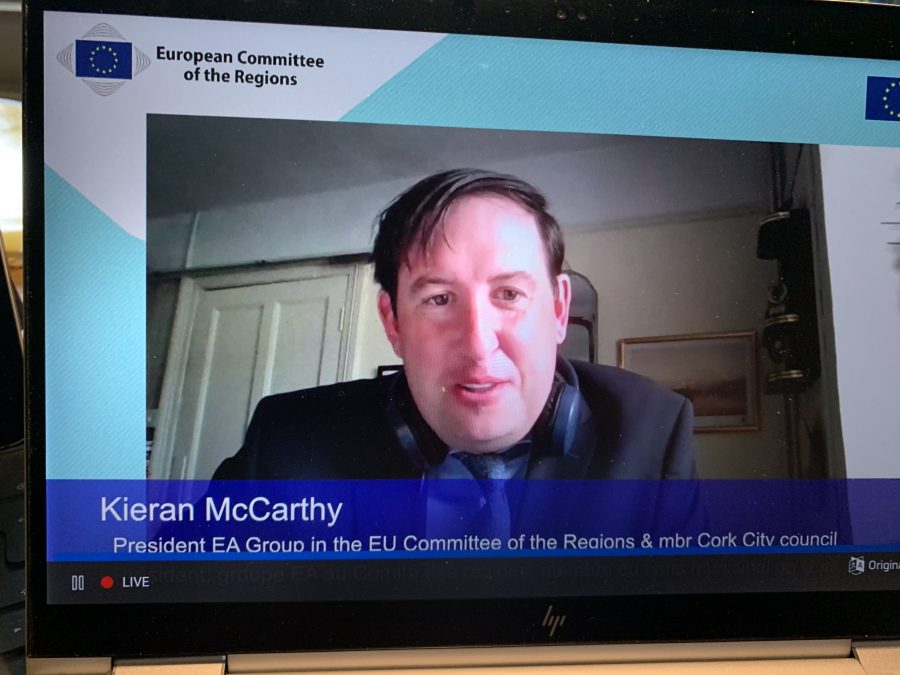Urban areas with fewer than 500,000 inhabitants house around 66% of Europe’s urban dwellers and play an essential role in making the digital and green transitions happen. For this reason, in an opinion adopted by the European Committee of the Regions at the plenary session of 1 December, regional and local leaders demand targeted financial support for smaller urban areas to ensure a balanced territorial development.
Small urban areas are an important part of Europe’s territorial, social and economic fabric. They are centres for the provision of services of general interest and places with a good quality of life. About 70% of Europe’s population lives in urban areas, but about 66% of Europe’s urban dwellers reside in urban areas with fewer than 500,000 inhabitants.
Small urban areas can function as economic and social anchor-points for the wider regions, as well as ensuring a further cohesive European Union.
Lack of financial resources and relatively low institutional capacities in comparison with other places are just a few problems that small urban areas struggle with. The COVID-19 pandemic, as well as the green and digital transitions and the integration of migrants, particularly as a result of the war in Ukraine, have brought further challenges to small urban areas, such as deserted town centres, online work, more spending on basic health services, growing demand for green-blue infrastructure and reduced municipal budgets. In order to improve the capacities of small urban areas and ensure a just green and digital transition, the European Committee of the Regions put forward a series of recommendations in the opinion “Small urban areas as key actors to manage a just transition” during its plenary session on 1 December.
CoR members stressed that EU funding must be secured for areas that face significant difficulties in achieving a just transition towards a green and digital economy, so that they can improve their situation and increase their chances of remaining attractive localities with a role to play in Europe’s settlement pattern. Furthermore, cities and regions urged the European Commission to put forward a communication campaign to highlight the impact of EU support in the daily lives of people living in small places and recommend to support small urban areas to find insights on how to tackle green, digital or demographic transition challenges.
The rapporteur Kieran McCarthy, member of the Cork City Council, said: “The EU provides cities with massive opportunities to embrace the green and digital transition. However, smaller urban areas are left behind. They have limited administrative capacity, means and knowledge to fully benefit from EU initiatives. Joining up the dots of the different synergies at play is therefore crucial to achieve a balanced territorial development and support small-size cities through a more targeted approach.“
Moreover, cities and regions highlighted the importance of smart village projects and the implementation of digital solutions to optimise connectivity, daily life and services in small urban areas, within the National Recovery and Resilience Plans, as well as the European Structural and Investment Funds. The implementation of the Just Transition Fund (JTF) should furthermore increase support for small urban areas, to help their municipalities and SMEs face the transition towards climate neutrality.
Finally, CoR members underlined that the EU can boost territorial development by promoting increased collaboration between urban and rural areas, overcoming obstacles that have divided them in the past. The principles “better funding, better regulations and better knowledge” of the Urban Agenda for the EU should also be applied in the implementation of the EU Rural Agenda in order to successfully support place-based innovation.


